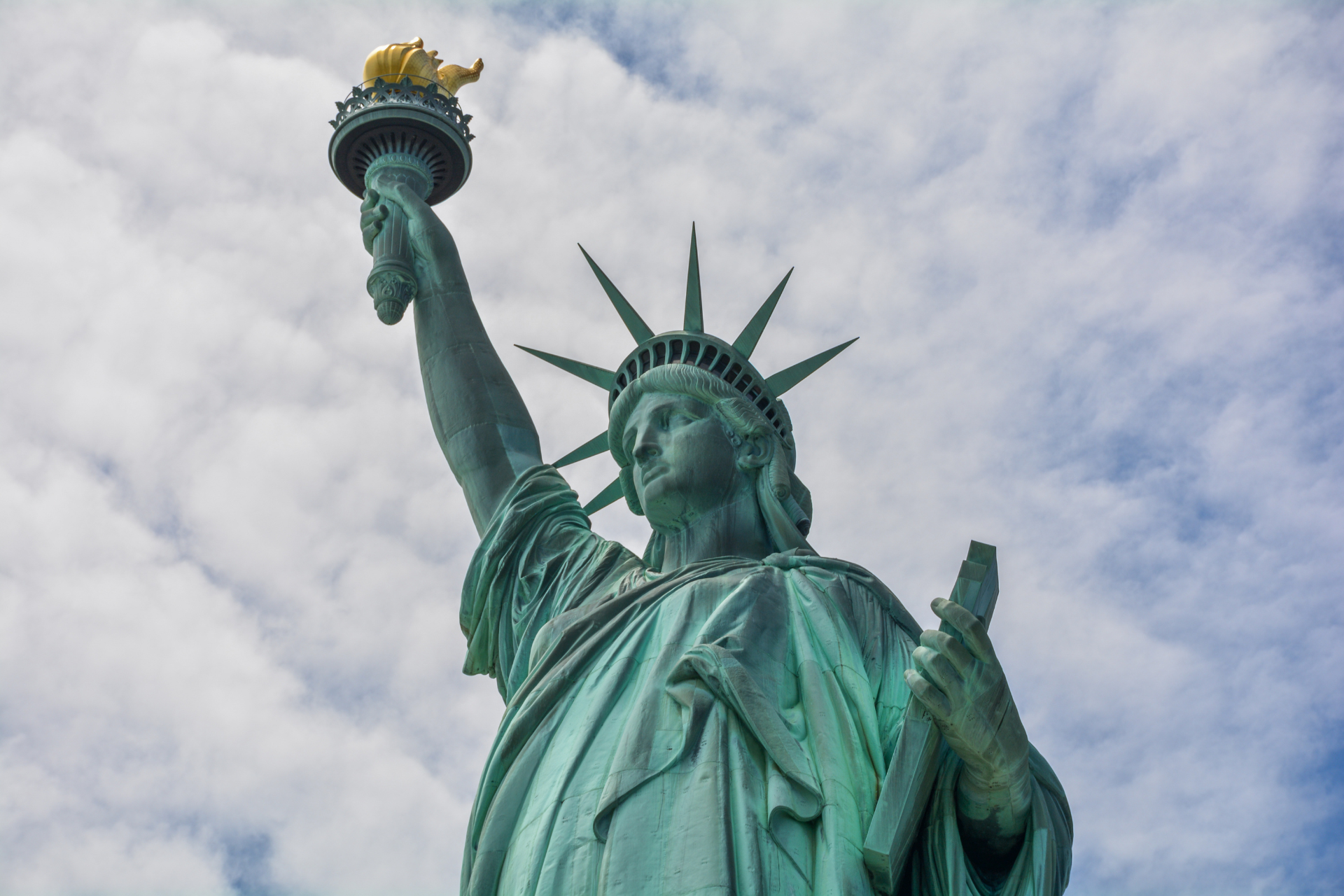Contrary to the claims of Commonwealth proponents, there is no “compact” between the U.S. and Puerto Rico that grants Puerto Rico power equal to that of the federal government. The United States can – and does – unilaterally override Puerto Rican policy and preferences.
The death penalty was abolished in Puerto Rico in 1929, two years after the last local execution was held. Puerto Rico’s constitution, written in 1952, explicitly outlaws the death penalty, saying simply “the death penalty shall not exist.”
In 2000, U.S. District Judge Salvador Casellas ruled that the federal death penalty should not be applied in Puerto Rico because Puerto Rican residents have no voting representation in Congress, which reinstated the federal death penalty in 1994 as part of drug-related legislation. “It shocks the conscience to impose the ultimate penalty, death, upon American citizens who are denied the right to participate directly or indirectly in the government that enacts and authorizes the imposition of such punishment,” Casellas wrote.
And yet the death penalty is being sought in the case of LaShaun Casey, who was born on the mainland. While living in Puerto Rico, Casey was accused of carjacking and the murder of a police officer who disappeared while he was working on a drug-related case. The police officer’s cellphone was found at the home of Casey’s grandfather, along with a gun and marked bills used in the drug case. Casey was found driving the officer’s car. The body of the police officer was later found by the side of a road.
The Casey case is just the most recent example of the federal government of the United States demonstrating that it can – and will – override the will of Puerto Ricans, just as it will override states. The Commonwealth of Puerto Rico does not have more power than states, and it certainly does not have more power than the federal government.
The broader lesson of the Casey case is more significant than its ultimate outcome. After decades of official statements to the contrary, there is still a belief by some in Puerto Rico that the United States and Puerto Rico have – or can have in the future – some type of a “compact” that cannot be altered without mutual consent, with Puerto Rican power equal to that of the United States. The fact that the death penalty is being sought against Casey in Puerto Rico is clear proof that there is no compact. The United States government can – and will – do what it wants, even if the people of Puerto Rico disagree.
On December 27, 2009, Puerto Rican Resident Commissioner Pedro Pierluisi (D) sent a letter—signed by nine of his colleagues, including House Judiciary Committee Chairman John Conyers (D-MI) —urging U.S. Attorney General Eric Holder “to revise U.S. Department of Justice’s (DOJ) policies and procedures so that, absent compelling circumstances, the federal death penalty will not be sought in states or territories, such as Puerto Rico, that specifically prohibit its application.”
In 2011, Holder issued a memorandum describing internal Department of Justice procedures for seeking the death penalty in a state or territory that prohibits it in its local courts by requiring DOJ to find that the federal interest is “more substantial” than the interest of the state or territory.
Even in a compromise memorandum, it is the United States government alone that makes the final determination.


